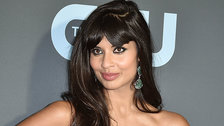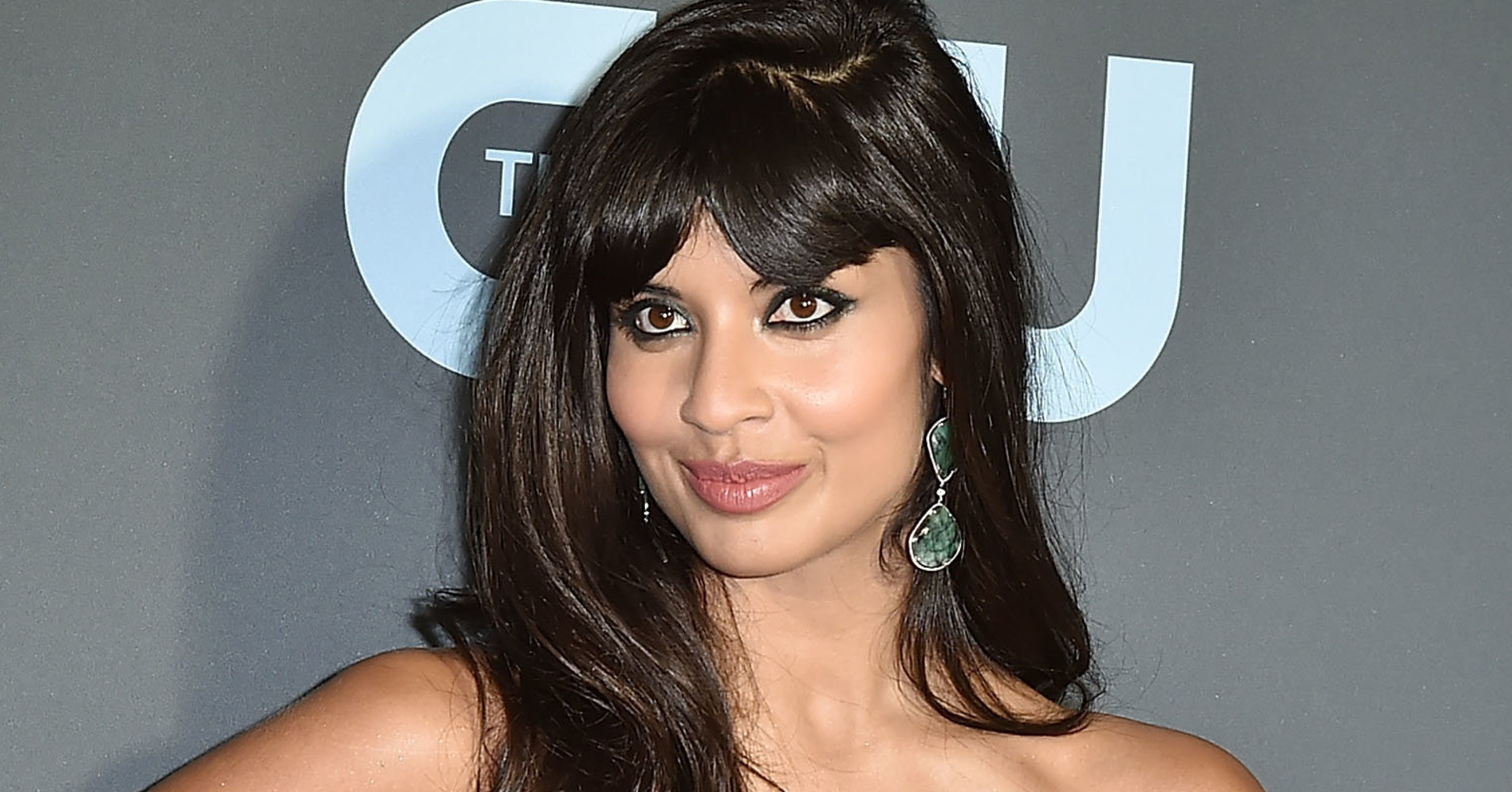[ad_1]

Jameela Jamil, who was born partially deaf but regained her hearing, seems acutely aware of a problem involving representation in Hollywood that until recently has received little attention.
“The Good Place” star revealed to the Press Association on Tuesday that she turned down an opportunity to play a deaf woman because she preferred that the role go to an actress who is actually deaf.
“I said it wouldn’t be appropriate for me to take that role and they should find a brilliant deaf woman to play that role,” the 32-year-old actress said. “I think you have to make those choices and not be too greedy and make space rather than take space.”
She added: “I don’t want to be part of erasure.”
Jamil’s comments come in the wake of the controversy over Bryan Cranston’s defense of his decision to play a quadriplegic in the new film “The Upside” after the disability community and advocates criticized the former “Breaking Bad” star for potentially taking the role from a disabled actor.
“As actors we’re asked to play other people,” Cranston told the British Press Association last week. “If I, as a straight, older person, and I’m wealthy, I’m very fortunate, does that mean I can’t play a person who is not wealthy? Does that mean I can’t play a homosexual?”
Though, to many, Cranston’s argument may seem sound, it echoes a dismissive attitude some feel toward the concerns of the disability community.
For instance, talk-show host Trevor Noah said in a video he recently shared on Twitter, which appears to have been shot during the filming of “The Daily Show,” that he was one of those people who initially scoffed at the backlash toward Cranston. This knee-jerk reaction is reinforced by laughter in the audience when he brings up the subject in the clip.
Yet, curious about the debate, Noah said he began reading the arguments from the disability community on Twitter and found one by an unnamed actor who he said “completely opened my eyes to a perspective I never thought of.”
Noah recalled the man’s argument for the audience:
“He said, ’I understand what an actor is. I, too, am an actor. But he said, ’I’m an actor in a wheelchair, and I never see parts that are leading roles for a person in a wheelchair. And so the one time I see a role where there’s a person in a wheelchair, I think, ‘Wow, this could be it. This could be the moment where I have all of the tools necessary to play this part. Do I get a shot at playing it?’ And he was like, ‘Because when you think of it on the flip side, they never call people with wheelchairs in to play able-bodied people, [but] they’ll get able-bodied people to play people in wheelchairs.’”
Noah said that’s when he realized “how powerful representation is.”
“Because if you are a person in a wheelchair … how many movies come along where the lead character is in a wheelchair? There’s virtually none.”
Lack of representation is also prevalent in television, in which 95 percent of characters with disabilities are portrayed by actors who are not disabled, despite people with disabilities making up 20 percent of the U.S. population.
Last year, John Krasinski garnered praise after he insisted a deaf actress be cast in the role of a deaf daughter in his film “The Quiet Place.” As a result, 14-year-old deaf actress Millicent Simmonds was cast as Regan Abbott, whose disability is central to the plot — leading to the movie’s authenticity and critical acclaim.
So, if Jamil has turned down a role in favor of a deaf actress taking it, perhaps someone should give Simmonds — or countless other deaf actresses — a shot?
[ad_2]
Source link

